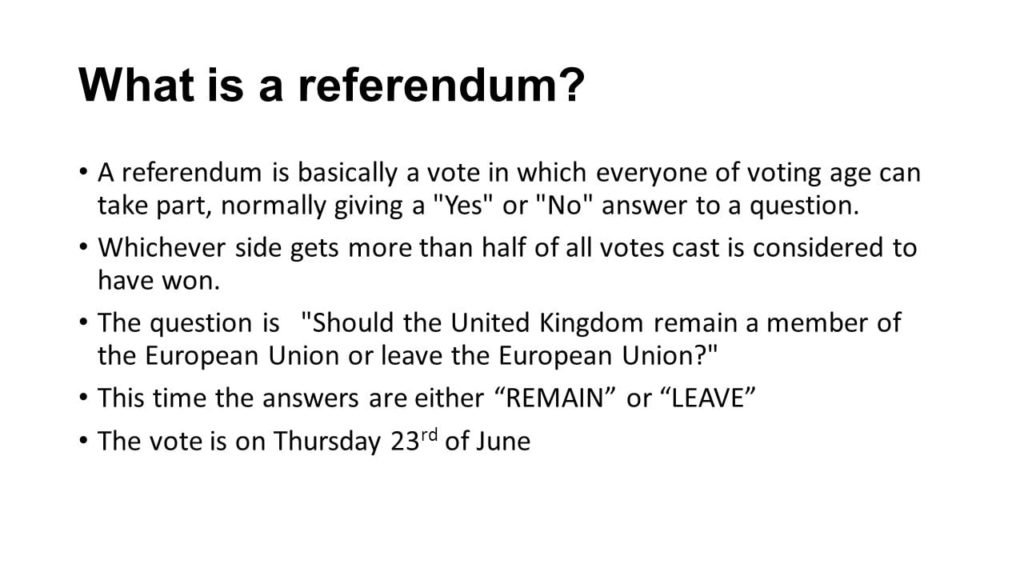What is the Referendum?

What is the Referendum: A referendum is to make a choice or vote on a question. A referendum can either be started by a citizen or by the government. If you are registered as a voter, you can vote in the referendum process. Referendums are an imperative part of New Zealand’s democracy.
Citizen Initiated Referendum
When a referendum is initiated by a citizen, it is called a ‘citizens initiated referendum’.
A nationwide referendum process can be started by any New Zealand citizen.
The process of referendum begins with a petition.
To begin the process of referendum, a citizen presents a proposal to the Clerk of the House of Representatives asking to support a referendum petition.
The Clerk then publicizes the proposed referendum question and invites the public to have a state on what the final wording should be. This process takes roughly 4 months.
Once the final wording of the matter is decided, the request organizer has 12 months to collect signatures in support of embracing a referendum on the subject matter.
If the petition is successful, the referendum advances further.
If as a minimum 10% of listed voters hold up the referendum petition, a referendum can progress ahead.
A citizen’s initiated referendum can be considered with a general election or at a stand-alone poll. It can also be done by a postal vote.
The referendum process will ask the voting public a question. There is often strong civic discussion on a referendum question.
The government does not have to take action on the results.
The results of a citizens initiated referendum are suggestive only — they are not obligatory. The government does not have to act on or execute the referendum result.
Government Initiated Referendum
When a government initiates a referendum, it is called a ‘government initiated referendum’.
A government-initiated referendum is supported by the government.
A government-initiated referendum can be considered with a general election, at a stand-alone poll or by a postal vote.
The government must pass legislation to facilitate the referendum to be held, except the referendum is managed by a postal vote. The wording of the referendum question is determined as part of this legislative practice.
The legislation will also contain regulations for a promotion that sustains or combats the probable ending of the referendum, including a check on spending.
A government-initiated referendum can be requisite or indicative i.e. non-binding. Thus, referendums are lawful means for voters to revoke or agree to a law passed by the state legislature.







